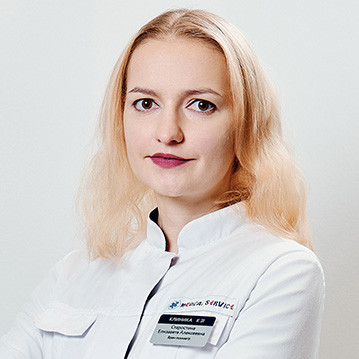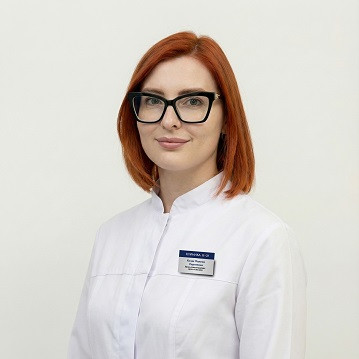Causes of Anxiety Phobic Disorders
The highest predisposition to anxiety-phobic disorders is observed in adolescence, at 25-35 years old and in women in the period of premenopause. It was at this time that a person is very sensitive to various life difficulties, stresses, experiences that contribute to the occurrence of anxiety, obsessive fears, anxiety-phobic disorders. The risk of developing this mental disorder is significantly increased in individuals with severe anxiety and suspiciousness of character, in those who are very careful and pedantic in life, they seek the rational side of all events that occur, preventing the disclosure and burst of emotions.
At present, the biochemical theory of the occurrence of anxiety-phobic disorders is confirmed, according to which, with this mental disorder, an imbalance of endogenous hormones and other regulatory substances is observed in conjunction with a change in the receptor status of neurons in the brain. This theory correlates with a genetic predisposition to anxiety-phobic disorders in close relatives.
Types of Anxiety Phobic Disorders
According to the current international classification of diseases (ICD-10), anxiety-phobic disorders include:
- Agoraphobia;
- Social phobias;
- Specific (isolated) phobias;
- Unspecified anxiety-phobic disorders.
Unlike other anxiety disorders, the key point of all diseases is the presence of a phobia or obsessive fear, the severity, nature, duration and causes of which differ depending on the type of pathology.
With agoraphobia, there is a fear of open space, crowded places, large rooms - those situations that can “threaten” the imaginary defenselessness for the patient, where he will not be able to hide in a safe place at the first sign of anxiety. Such a place, as a rule, is a house (apartment, personal room). The thought of a possible, albeit a false danger generates an obsessive fear, anxiety, severe anxiety. If it was not possible to avoid the “problem” place, then fear can develop into a panic attack.
Social phobias - fear of society, communication or other contact with others, often strangers, fear of speaking in public, expressed anxiety, fear and anxiety when doing any work when observed from the outside. In more difficult situations, a person has a false feeling that someone is watching his activities, this significantly worsens the result and prevents the achievement of the goal. The patient is aware of the severity of his situation, trying to calm himself, to pack up and “stop being afraid,” but very few manage to avoid the problem on their own.
Specific or isolated phobias - the fear of a single, specific, specific situation, subject, position. Most often, fear of one’s own illness or illness of close relatives, fear of visiting a dentist or seeing blood, fear of heights or darkness, fear of a thunderstorm, a certain type of animal, etc.
Treatment for Anxiety Phobic Disorders
The treatment of anxiety-phobic disorders begins with a conversation with a specialist (psychotherapist, psychiatrist, psychologist). The cycle of psychotherapy, both individually and in groups, in most cases has a positive result.
In the case of severe forms of anxiety-phobic disorders, they resort to prescribing drugs from the group of tranquilizers, antidepressants, nootropic drugs and other drugs from psychopharmacology.











